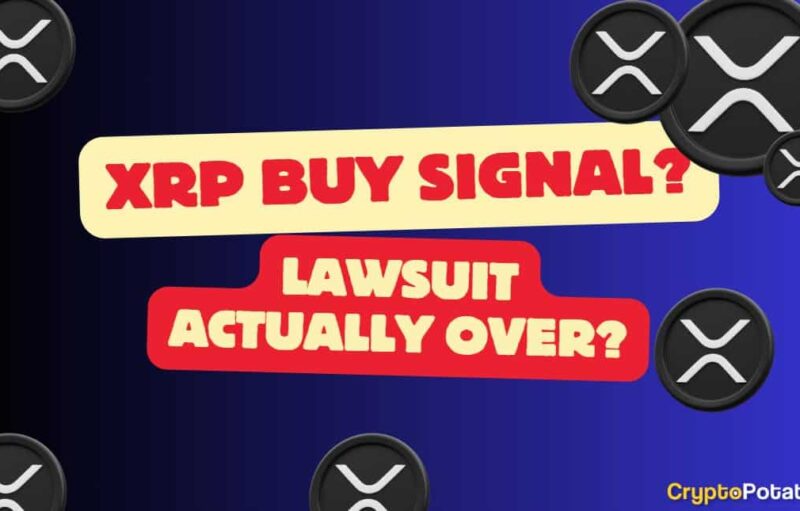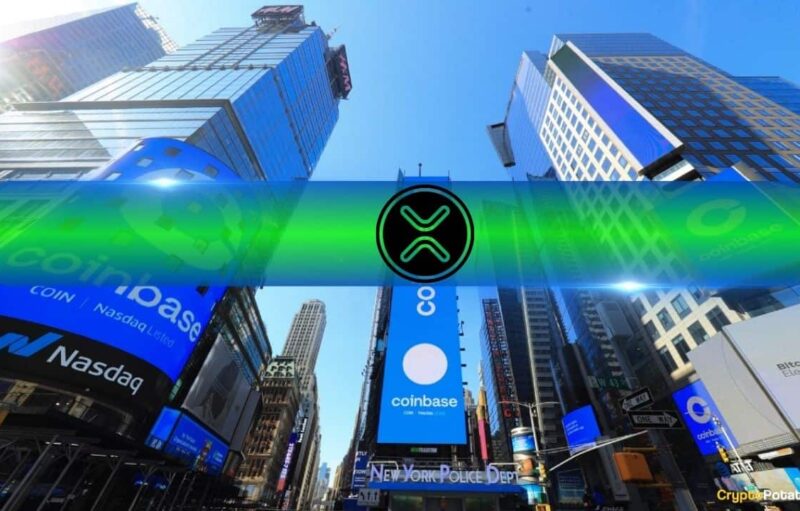- According to Ripple, XRP is 1/10th as volatile as fiat for cross-border payments.
- The current SWIFT system is so slow it exacerbates international payment risk.
- XRP payments clear so fast that the exchange rate risk is negligible.
The math busters over at Ripple have crunched the numbers and conducted a study that concludes that XRP is 10 times safer for making international payments – or as Team Ripple explains, one-tenth as volatile as fiat for cross-border transactions.
Ripple’s head of Global Institutional Markets, Breanne Madigan, took to Twitter on Thursday to highlight this “unfounded criticism” that digital assets have been getting lately regarding their volatility.
Comparing XRP Volatility With Traditional Cross-Border Payments
SWIFT is the current international standard for cross-border payments. It’s also a 46-year-old institution and is archaic by technological standards.
International wire transfers that route through SWIFT take anywhere between 1-14 days to clear. Ripple’s study, in particular, compares a typical wire transfer between U.S. dollars and Mexican pesos (USDMXN).
It then compares this using XRP as an intermediary:

The study concludes that XRP is only risky for exchange rates if:
- You hold Ripple’s cryptocurrency for a few hours between transfers, or
- SWIFT drastically reduces the time it takes to clear international wires
Since an average transaction takes between 5-7 seconds to clear and SWIFT is unlikely to improve their process any time this century, neither of those points are an issue. Ripple CEO Brad Garlinghouse highlighted this very question in an interview he gave earlier in October.
“If you multiply 270,000 seconds [just over 3 days] in a low-volatility asset and you compare that to 3 or 4 seconds in a highly volatile asset like XRP, it turns out you are taking less volatility risk with an XRP transaction than you are with fiat.”
The Volatility Profile Is Basically Negligible
XRP’s volatility profile is an interesting one. It’s unusual because in cryptocurrency price terms it is for the most part quite stable. However, anyone who has dabbled in crypto over the past two years will also tell you that it has periods of crazy volatility:

And this, of course, is the point of the study. If you were forced to hold XRP for a few hours while making an exchange, the value of your capital could change significantly. Sometimes as much as 30%.
That’s completely unworkable for someone who simply wants to change their dollars for pesos. But as the study concludes, XRP’s biggest asset is its speed:
“Ultimately, the speed of an XRP transaction means that transaction partners are in and out of the digital asset so fast, there’s no need to hedge. The resulting risk is much lower with a digital asset.”
It’s no wonder then that Garlinghouse insists that XRP beats bitcoin in the payments department.
Last modified: November 1, 2019 12:31 AM UTC
The post appeared first on CCN






